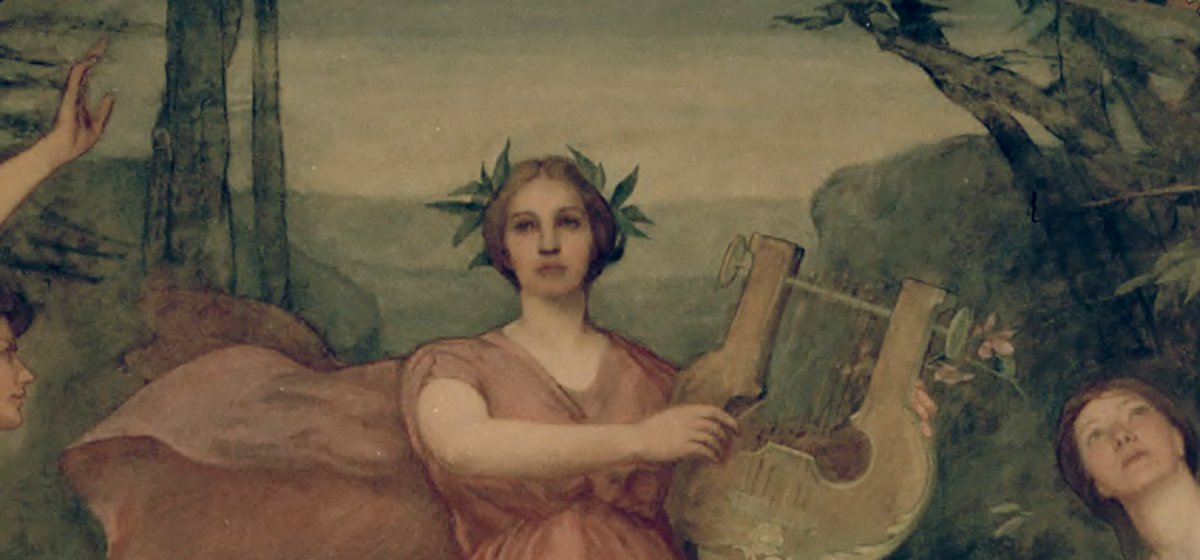The Youth Cafés Website In The Kenyan Presidential Election 2022 Web Archive | The United States Library Of Congress.
The Library of Congress Web Archive manages, preserves, and provides access to archived web content selected by subject experts from across the Library to be available for researchers today and in the future. Websites are temporary and often considered at-risk born-digital content. New websites form constantly, URLs change, content changes and websites sometimes disappear entirely. Websites document current events, organizations, public reactions, government information, and cultural and scholarly information on various topics. Materials that used to appear in print are increasingly published online. This site provides general information about program activities, information for researchers interested in using the web archives, and information for site owners who the Library might include in the archives.
Today's Library of Congress is an unparalleled world resource. The collection of more than 171 million items includes more than 40 million cataloged books and other print materials in 470 languages, more than 74 million manuscripts, the largest rare book collection in North America, and the world's largest collection of legal materials, films, maps, sheet music, and sound recordings.
Each working day the Library receives 15,000 items and adds more than 10,000 items to its collections. Materials are acquired as copyright deposits and through gift, purchase, other government agencies (state, local, and federal), cataloging in Publication (a pre-publication arrangement with publishers), and exchange with libraries in the United States and abroad. Items not selected for the collections or other internal purposes are used in the Library's national and international exchange programs. Through these exchanges, the Library acquires material that would not be available otherwise. The remaining items are made available to other federal agencies and are then available for donation to educational institutions, public bodies, and nonprofit, tax-exempt organizations in the United States.
Since 1962, the Library of Congress has maintained offices abroad to acquire, catalog, and preserve Library and research materials from countries where such materials are essentially unavailable through conventional acquisition methods. The Library is also collaborating with institutions around the globe to provide content on the World Digital Library.
The Library of Congress web archives are organized in thematic and event-based collections and contain websites documenting various the United States and international organizations representing a broad range of subjects and topic areas. Examples include select United States government sites from the Legislative, Judicial, and Executive branch agencies, select foreign government sites, campaign websites, and political parties documenting the United States and select foreign elections; nonprofit organizations; journalism and news; creative sites such as those documenting comics, music, authors, and art; legal sites; and international organizations. While most web archives are collected as a part of one or more event or thematic archives, the Library also preserves other sites within its general web archives.
The Library notifies each site owner that they would like to include their content in the archive (except government websites) before archiving. In some cases, the email asks permission to archive or provide off-site access to researchers.
The Library of Congress collects content from websites at regular intervals, primarily using the Heritrix crawler, which is an open-source archival web crawler. The crawler begins with a "seed URL," for instance, a homepage, and follows links on the page, and subsequent pages, downloading copies of content it finds that help makes up that page so that the Library preserves the content. The crawler is instructed to bypass robots.txt to obtain the most complete and accurate representation of websites. Site elements that are sometimes excluded through robots.txt instructions that are vital to the reproduction of a site's look, feel, and functionality include images, Cascading Style Sheet, and JavaScript, to name a few.
The United States Library of Congress has selected The Youth Cafés' website for inclusion in the Kenyan Presidential Election 2022 Web Archive, which is part of a larger collection of historically and culturally significant websites that have been designated for preservation. The Library hopes that The Youth Café shares the Library's vision of preserving digital content and making it available to current and future generations of researchers. The Library of Congress believes that expanding access to the Library's collections is one of the best ways to increase opportunities for education and scholarship worldwide.
Against the background of youth being accustomed to political participation only through political institutions, civil society, and political parties, The Youth Café appreciates the critical role of young people in a democracy. It is part of the Youth Civic and Voter Education project, whose aim is to boost levels of participation in the electoral process of engaging youth across the country ahead othe August 2022 General Elections. The project is implemented through a collaborative effort between the IEBC Youth Coordinating Committee on elections and other youth-led and youth-serving Civil Society Organizations (CSOs) to reduce duplication of such interventions among different organizations.
The Youth Café runs programs to promote critical citizenship education to ensure "a transparent, democratic and accountable environment" as a strategic objective of The Youth Café's work. In actualizing The Youth Café's thematic area of governance and political inclusion (accountability), The Youth Café incorporates programs touching on youth participation in the democratic process, most notably the creation and development of the Kenya youth manifesto and civic education programs which seeks to rope in the youth to take an active role in the electoral process.
The Youth Café works with young men and women around Africa as a trailblazer in advancing youth-led approaches toward achieving sustainable development, social equity, innovative solutions, community resilience, and transformative change.
Contact us for any comments or suggestions.


